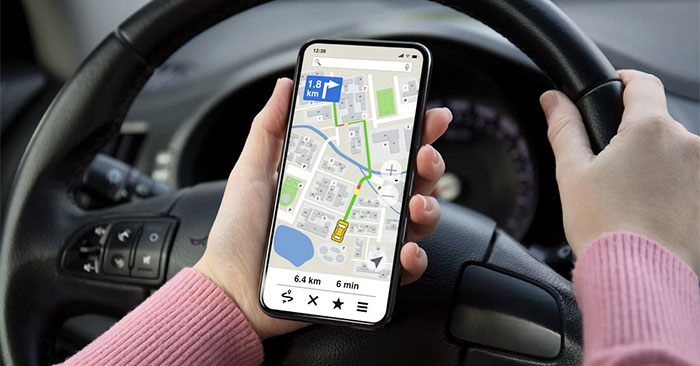How GPS Manipulation is Disrupting Everyday Life and Commerce
GPS manipulation has become a pressing issue that disrupts both everyday life and commerce in profound ways. At its core, GPS manipulation involves altering or spoofing the signals those GPS devices relies on to determine location, leading to a range of problems from minor inconveniences to major security threats. In everyday life, the impact of GPS manipulation can be seen in various scenarios. For instance, navigation apps that rely on GPS signals can be deceived into providing incorrect directions, leading users astray. This can result in missed appointments, extended travel times, and increased frustration. The reliability of ride-sharing services is also compromised; drivers may find themselves directed to incorrect locations, affecting their efficiency and customer satisfaction. Furthermore, GPS manipulation can interfere with personal safety. For example, if emergency services are misled about a person’s location due to false GPS data, response times could be delayed, potentially jeopardizing lives.

In the realm of commerce, the ramifications are even more significant. Supply chain management, which depends heavily on GPS for tracking and logistics, is vulnerable to disruption. When GPS signals are manipulated, it can lead to inaccuracies in tracking shipments, causing delays and financial losses. Companies may face challenges in managing inventory, ensuring timely deliveries, and maintaining customer trust. This disruption extends to the broader financial markets as well. For instance, GPS spoofing has been used to manipulate financial transactions by misleading automated trading systems that rely on precise timing based on GPS data, potentially leading to market instability and economic repercussions. Additionally, the rise of GPS manipulation poses a security risk for critical infrastructure. Many sectors, including telecommunications, power grids, and transportation, use 당근마켓 gps 조작 for synchronization and operational management. Disruption in these systems due to false GPS signals can lead to outages, safety breaches, and even accidents.
For example, incorrect GPS data could affect the synchronization of power grid operations, causing outages or damage to electrical systems. The potential for GPS manipulation to disrupt everyday activities and commerce highlights the need for enhanced security measures. Businesses and individuals must invest in technologies and practices that can detect and mitigate GPS spoofing. This includes adopting advanced authentication methods, using alternative positioning systems, and continuously monitoring for anomalies in GPS signals. Moreover, regulatory bodies and technology developers must collaborate to create more robust solutions to safeguard against GPS manipulation and its detrimental effects. In conclusion, GPS manipulation disrupts both personal and commercial spheres by creating inaccuracies and vulnerabilities. As our reliance on GPS technology continues to grow, addressing these security challenges becomes increasingly vital to ensure safety, efficiency, and stability in various aspects of life and business.